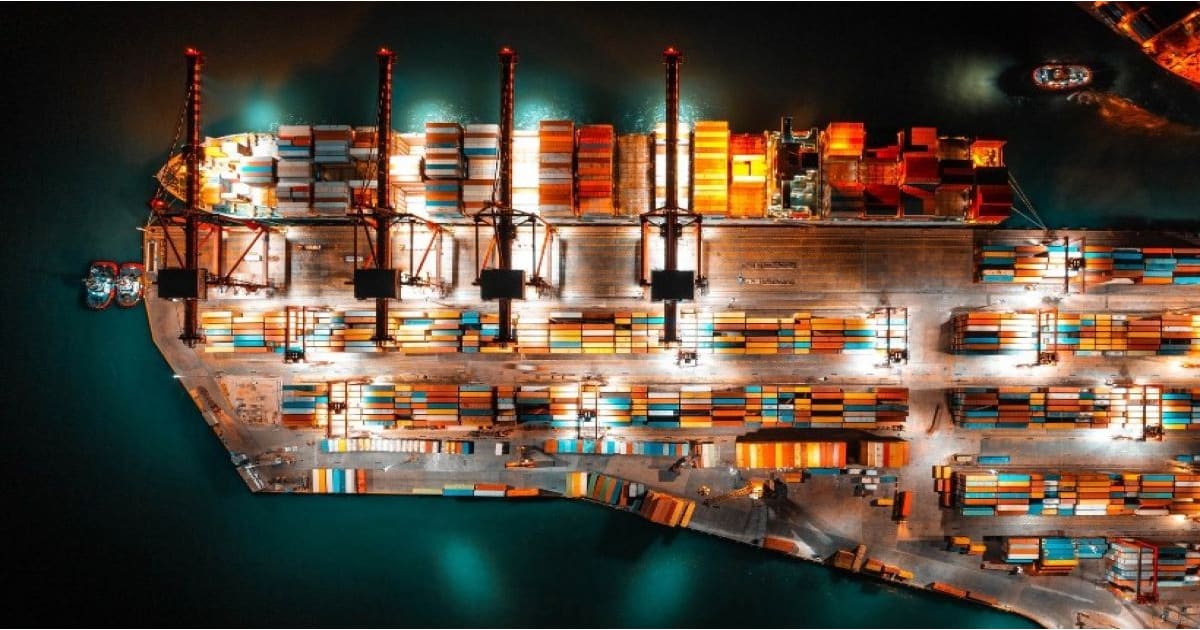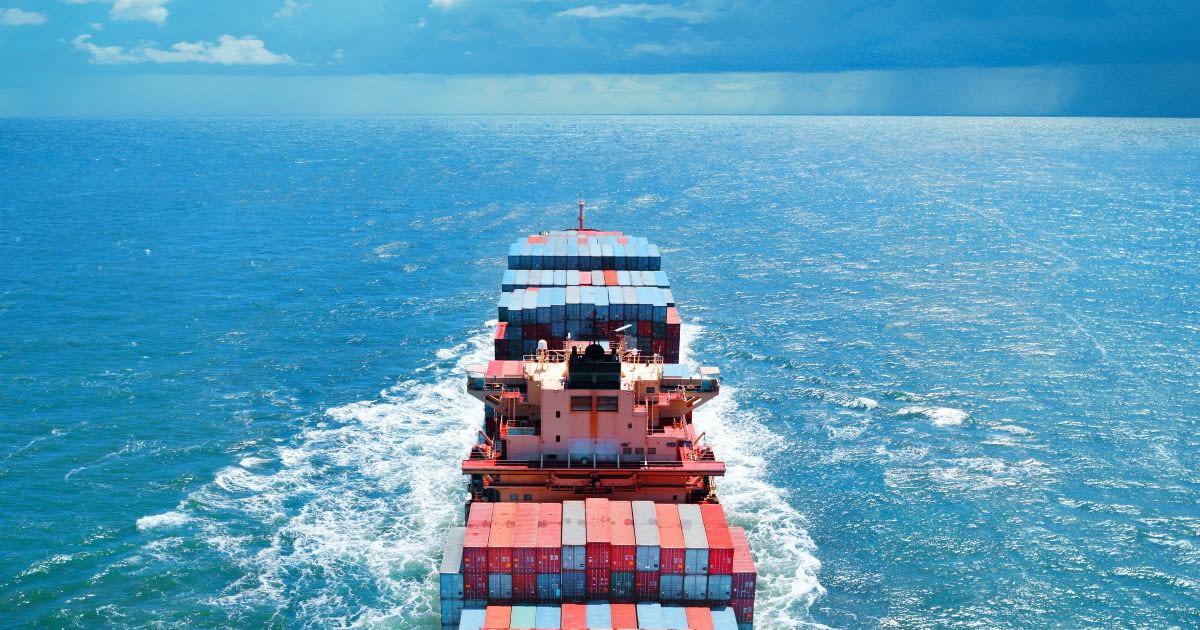Jul 17, 2024
MWM Admin
The Future of Logistics: Innovations and Trends Shaping the Industry

In today's fast-paced world, the logistics industry is evolving rapidly, driven by technological advancements and changing consumer demands. The future of logistics promises to be more efficient, transparent, and customer-centric, thanks to several emerging trends and innovations. Let's explore some of these key developments shaping the logistics landscape.
1. Automation and Robotics
Automation is revolutionizing the logistics industry, streamlining operations, and reducing human error. From automated warehouses with robotic pickers and packers to self-driving delivery vehicles, automation is enhancing efficiency and speed. Companies are investing in technologies like conveyor systems, automated storage and retrieval systems (AS/RS), and autonomous mobile robots (AMRs) to optimize their supply chains.
2. Artificial Intelligence and Machine Learning
AI and machine learning are transforming logistics by providing advanced data analytics and predictive capabilities. These technologies help companies forecast demand, optimize routes, and manage inventory more effectively. AI-powered chatbots and virtual assistants are also improving customer service by providing real-time information and support.
3. Blockchain Technology
Blockchain technology is enhancing transparency and security in logistics. By creating a decentralized and immutable ledger, blockchain ensures that all transactions and movements are recorded accurately. This technology is particularly beneficial for tracking shipments, preventing fraud, and ensuring compliance with regulations. Smart contracts on the blockchain can automate and verify transactions, reducing the need for intermediaries.
4. Sustainability Initiatives
Sustainability is becoming a major focus in the logistics industry. Companies are adopting eco-friendly practices to reduce their carbon footprint and meet environmental regulations. This includes using electric vehicles, optimizing delivery routes to minimize fuel consumption, and adopting green packaging solutions. Additionally, companies are exploring alternative modes of transport, such as rail and sea, to reduce their reliance on road and air freight.
5. The Internet of Things (IoT)
IoT technology is connecting devices and systems throughout the logistics network, providing real-time visibility and control. Sensors and RFID tags enable companies to monitor the condition and location of goods during transit. This real-time data helps in proactive decision-making, such as rerouting shipments to avoid delays and ensuring the quality of perishable goods.
6. Last-Mile Delivery Innovations
The "last mile" of delivery is often the most challenging and expensive part of the logistics process. Innovations in last-mile delivery, such as drones and delivery robots, are addressing these challenges. These technologies can navigate traffic and reach customers quickly and efficiently, improving delivery times and customer satisfaction.
7. Enhanced Customer Experience
In the age of e-commerce, customer expectations are higher than ever. Logistics companies are focusing on providing a seamless and personalized customer experience. This includes offering flexible delivery options, real-time tracking, and proactive communication. By leveraging technology, companies can anticipate customer needs and provide a superior service.
Conclusion
The future of logistics is bright, with numerous innovations and trends poised to transform the industry. Companies that embrace these advancements will be better positioned to meet the demands of the modern consumer and stay competitive in a rapidly changing market. As automation, AI, blockchain, and sustainability initiatives continue to evolve, the logistics industry will become more efficient, transparent, and customer-centric.
Other Article

Enhancing Efficiency in Logistics: Key Strategies for 2024

